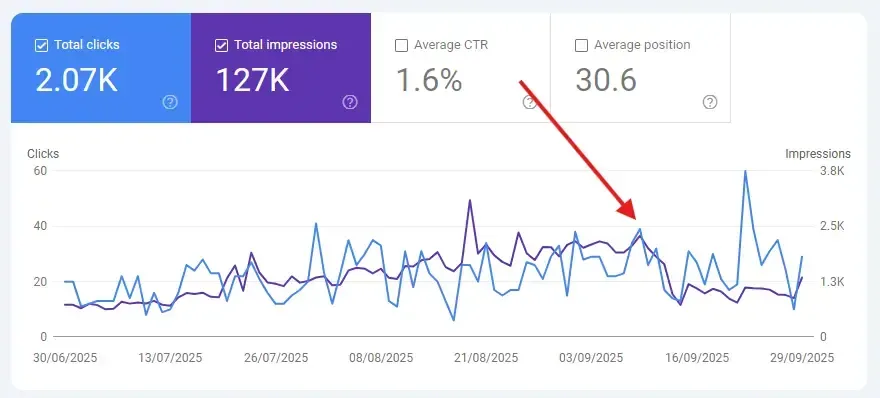Hacked off: The website intruder from within
Gone are the days when businesses had only to look out for thugs intent on stealing from their yard or store, or perhaps that well dressed lady using a stolen credit card. Now you have the additional threat of faceless criminals, anonymous entities who enter your business through the ethernet cable – yes, website hacking is a real threat for all businesses with a digital presence.
How do you know your website has been hacked?
In times gone by hacking attacks were unusual and typically only happened to big companies where the rewards were high. Now, however, small and medium sized businesses are under attack. They are easy prey: webmasters with limited website design knowledge coupled with DIY website security offers a lucrative return for scamsters. Unfortunately, hacking attacks are often only recognised when it’s too late and valuable data or money is lost.
Here are several classic tell-tale signs your website has been hacked to be aware of:
1. Pop-ups and/or spam ads appear on your site that you have not created or published – gambling, drugs or even XXX adult content.
2. Visitors to your site are redirected to an unknown website.
3. Your website ranks for keywords in foreign languages in Google search results.
4. Visitors to your site are warned there maybe malware on the site or are sent messages you didn’t send.
5. Google flags it via the Google Search Console.
6. Your website host emails you to alert you to a phishing attack.
7. Your emails are sent to spam.
8. Your website is taking longer to load.
9. You observe unusual traffic patterns.
10. You are unable to access programs, or your mouse moves between them without your direction.
How to avoid your website being hacked
The loss of trust in your brand and damage to your business’ reputation can be terminal, so making life as hard as possible for hackers is a priority. Effective website security requires awareness of all aspects of web design and use. There is no one single step to take to stop your website being hacked, rather it’s a combination of essential steps to protect your website.
· Keep web design software up to date
It’s critical to keep all the software your website uses up to date. Just as your business website design is working hard for your business, there are hackers working hard to identify security flaws in it. Updates patch security holes.
· Encrypt your website login pages
SSL Certification is a vital component for your business website design. It prevents third parties from being able to access valuable data such as credit card and login details. Instead of bank details or credit card numbers, the scammers receive meaningless characters should they intercept information.
· Use a reputable secure host
You must not underestimate the importance of using a reputable and secure host. Yes, there are some attractive and cheap website hosting deals available, but you must question its effectiveness when a deal appears too good to be true – it usually is!
· Keep your website clean
It’s good practice to spring clean your website, but you should also pay the same attention to the underbelly of the website. Every plugin, database and application you have ever used in your website design is another potential way in for hackers to cause mayhem. An organised file structure makes it ridiculously easy to track changes and delete old redundant files. Be brutal!
Digital Presence is a Christchurch web design company helping small and medium sized businesses thrive online. We use snazzy SEO for lead and profit generation, versatile video productions for relatable content; yes, we excel at digital marketing. But the most important thing, we ensure our clients’ websites and businesses safe online.
Millions of websites are hacked annually, and suffer the consequences, but you don’t have to. Contact us to arrange a free no-obligation chat about how we can protect your business. Call today on 0274 278047.












